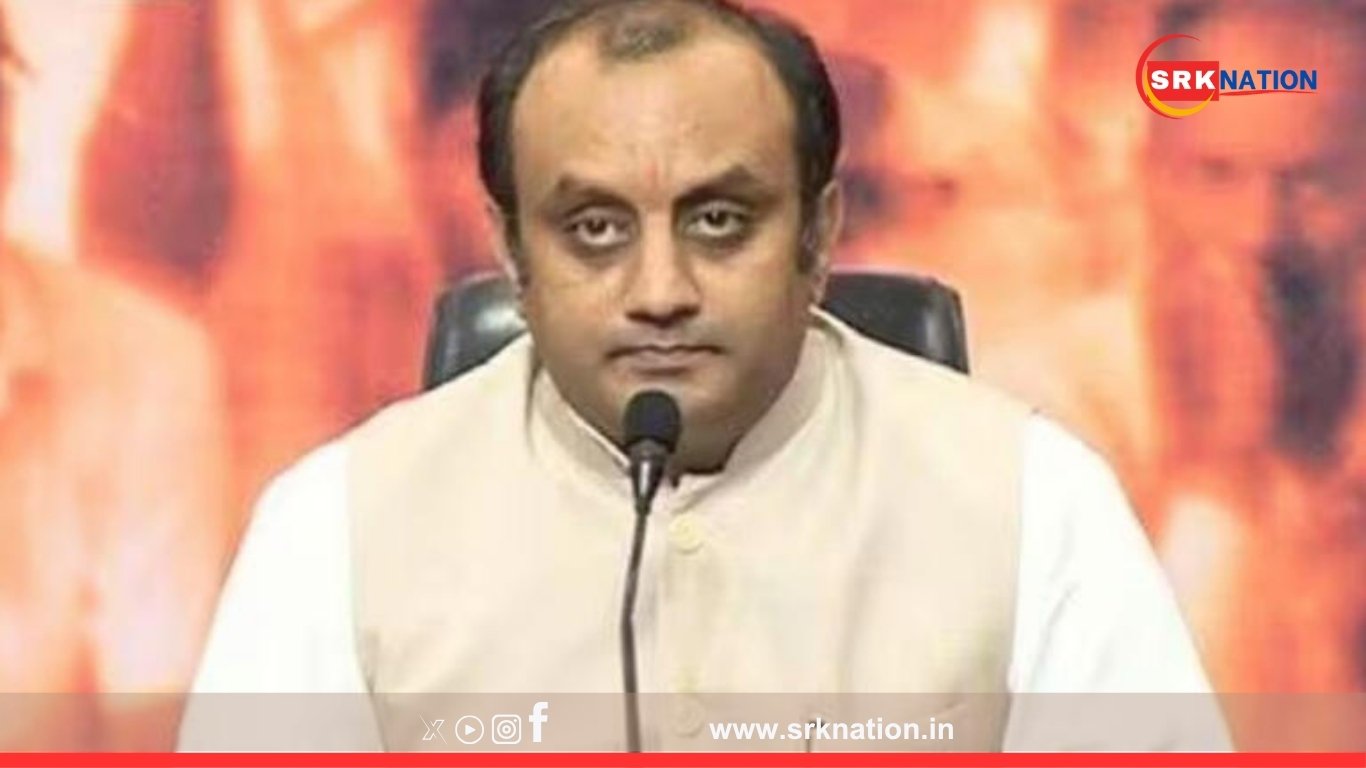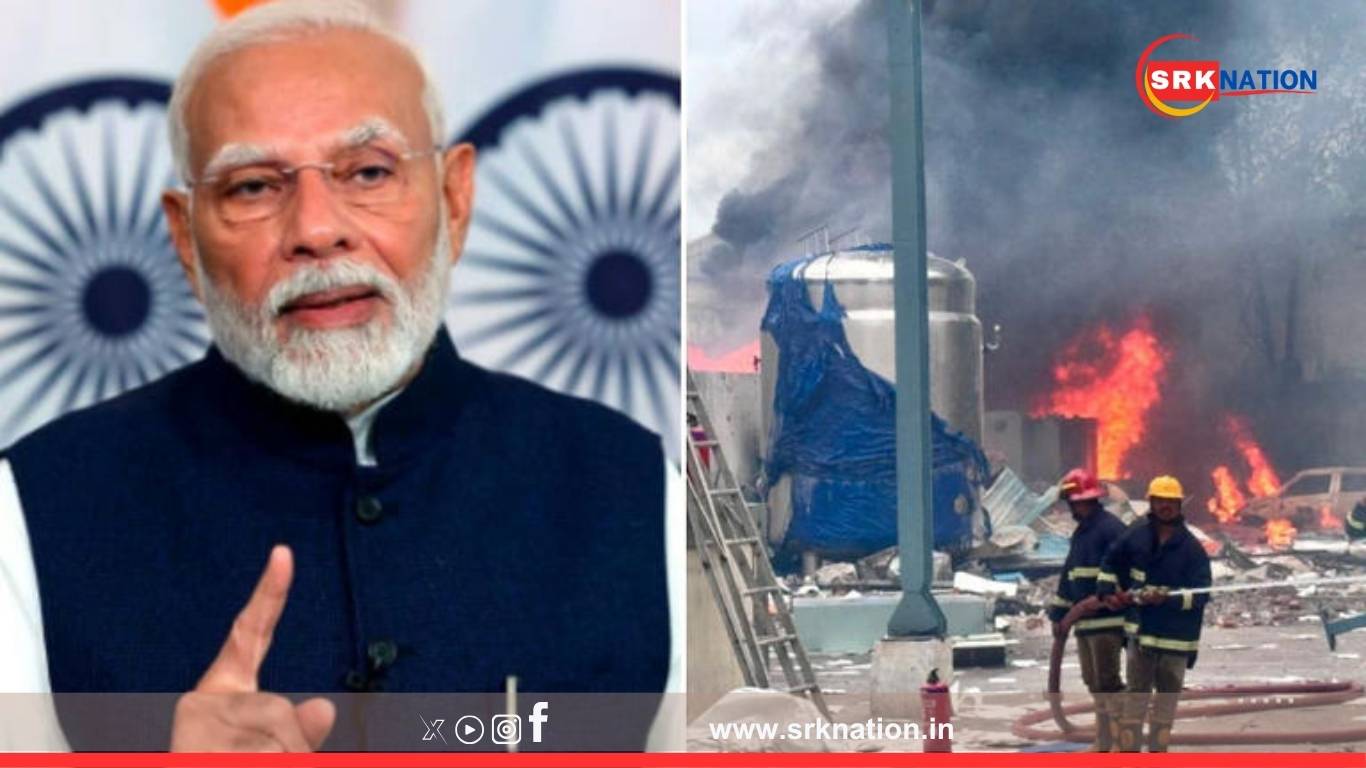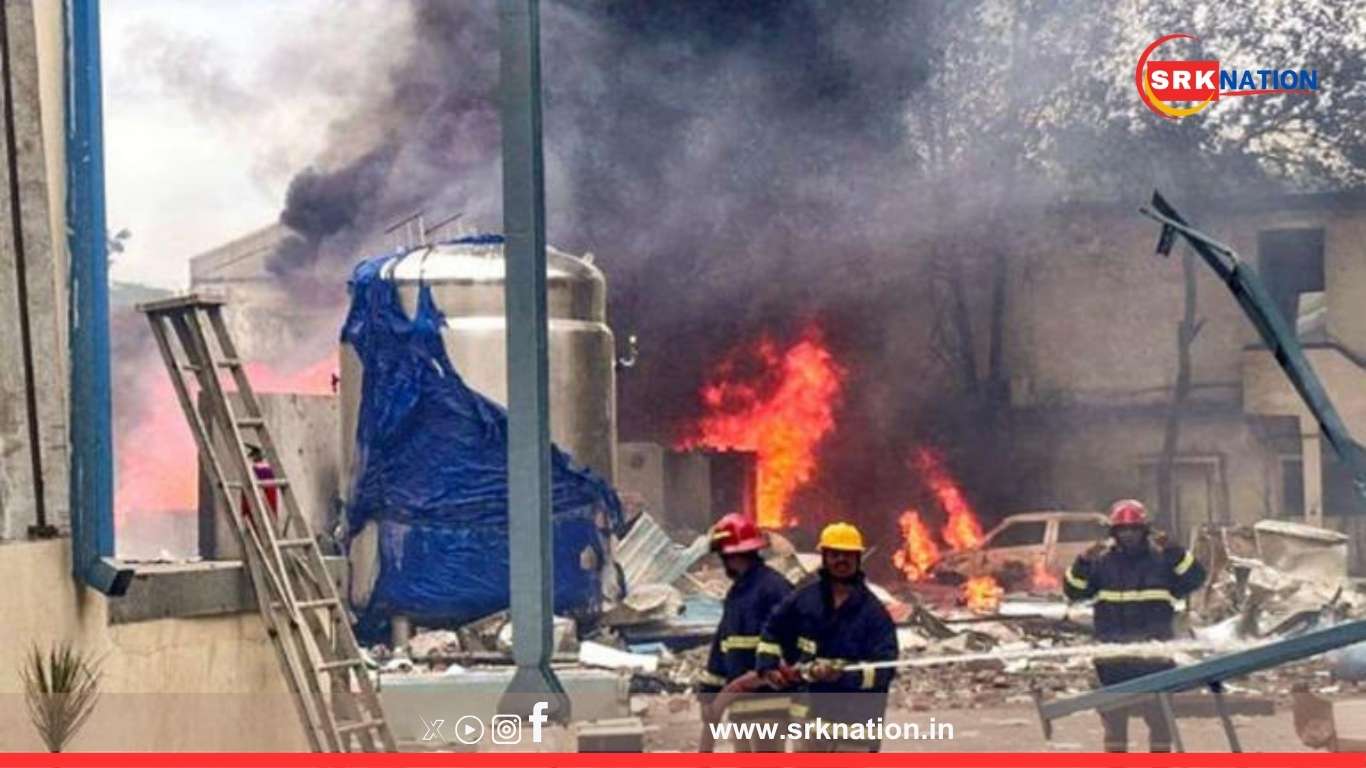Delhi is grappling with a severe outbreak of flu-like illnesses, with hospitals across the city reporting an alarming surge in patients exhibiting COVID-like symptoms. The outbreak, attributed to H1N1 (swine flu) and Influenza B, has overwhelmed medical facilities, prompting the Delhi government to consider emergency health guidelines.
According to health experts, the current outbreak is unusually aggressive, with symptoms such as high fever, persistent cough, extreme fatigue, and respiratory distress lasting longer than typical seasonal flu cases. Many patients are also experiencing complications like pneumonia and bronchitis, further straining the healthcare system.
A recent survey revealed that over 54% of households in Delhi-NCR have reported at least one member with flu-like symptoms. Vulnerable groups, including children, the elderly, and individuals with pre-existing conditions, are at heightened risk. Hospitals, including AIIMS and Safdarjung, are operating at full capacity, with some facilities running out of available beds.
Dr. Amit Sharma, a senior pulmonologist, stated, “This year’s flu strain is more aggressive, and we are witnessing co-infections with COVID-19 in some cases, making treatment more challenging.”
The Delhi government is expected to convene a high-level meeting to assess the situation and issue containment measures. Health officials are urging residents to practice respiratory hygiene, wear masks in crowded places, and seek medical attention if symptoms persist.
As the city battles this health crisis, the focus remains on preventing further spread and ensuring adequate medical resources for those in need. The outbreak serves as a stark reminder of the importance of vigilance and preparedness in combating infectious diseases.











